This award was established to recognize scientific achievements of individuals at the postdoctoral level
(Prior to 2025, the recipient was selected at the discretion of each Meeting Program Chair based on the submitted abstracts.)
| Eligible Period: | Holding a postdoctoral position; no more than 4 years post PhD |
| Description: | Researchers initiating their career who have made noteworthy contributions to neuropsychology or applied neuropsychology (originality, novelty, quality and impact). Productivity that reflects this contribution is required. |
| INS Membership Required: | No |
| Requirements: | (1) nomination letter and (1) letter of support |
| Presentation Yes/No: | Yes |
| Annual/Mid-Year: | Both |
Application Materials: The application should consist of a nominating letter, a CV plus 1-2 letters of support (see criteria). The nominating statements should be written as relating to the specific award for which the member is being nominated (1-2 page max). Nominating statements should be written in English, letters of support may be written in other languages (although English is preferred). Anyone can nominate and write support letters,
but we do not accept self-nominations. Please submit all application materials to ins@the-ins.org
Due Date: Nominations may be submitted at any time. Ideally, awards nominations will be received four months prior to the meeting where the award is to be given (either the Annual or Mid-Year Meeting). For an award to be considered for the INS Mid-Year Meeting, please submit nominations by March 31st. For an award to be considered for the INS Annual Meeting, please submit nominations by September 30th of the prior year. Nominations are typically kept under consideration for future meetings if not awarded at a certain meeting (unless the nomination is not eligible).
1 Terminal degree can be either a PhD degree, a master or a certified clinical degree (may vary across countries)

Rachael Rietdijk
INS 2025 Mid-Year Meeting
Brisbane, Australia – July 2 – 5, 2025
Rachael is a Postdoctoral Research Fellow and Project Manager in the Discipline of Speech Pathology at The University of Sydney, with experience working as a speech pathologist with people with Traumatic Brain Injury (TBI) and their families for over 15 years. She completed her PhD in 2020, which was focused on the use of telehealth to support people with TBI and their family members or carers with developing communication skills. Her PhD lead to the development of the published communication program ‘TBIconneCT’, which is in use in brain injury services nationally and internationally.

Blake Gimbel
INS 52nd Annual Meeting
New York City, USA – February 14 – 17, 2024
Normative Brain Growth Charts as a Tool for Characterizing Brain Atypicality in Neurodevelopmental Disorders: Methodological Approach and an Example from Fetal Alcohol Spectrum Disorder (FASD)

Lisa Mash
INS 51st Annual Meeting
San Diego, USA – February 1-4, 2023
Cognitive Sparing in Proton Versus Photon Radiotherapy for Pediatric Brain Tumor Associated with White Matter Intergrity
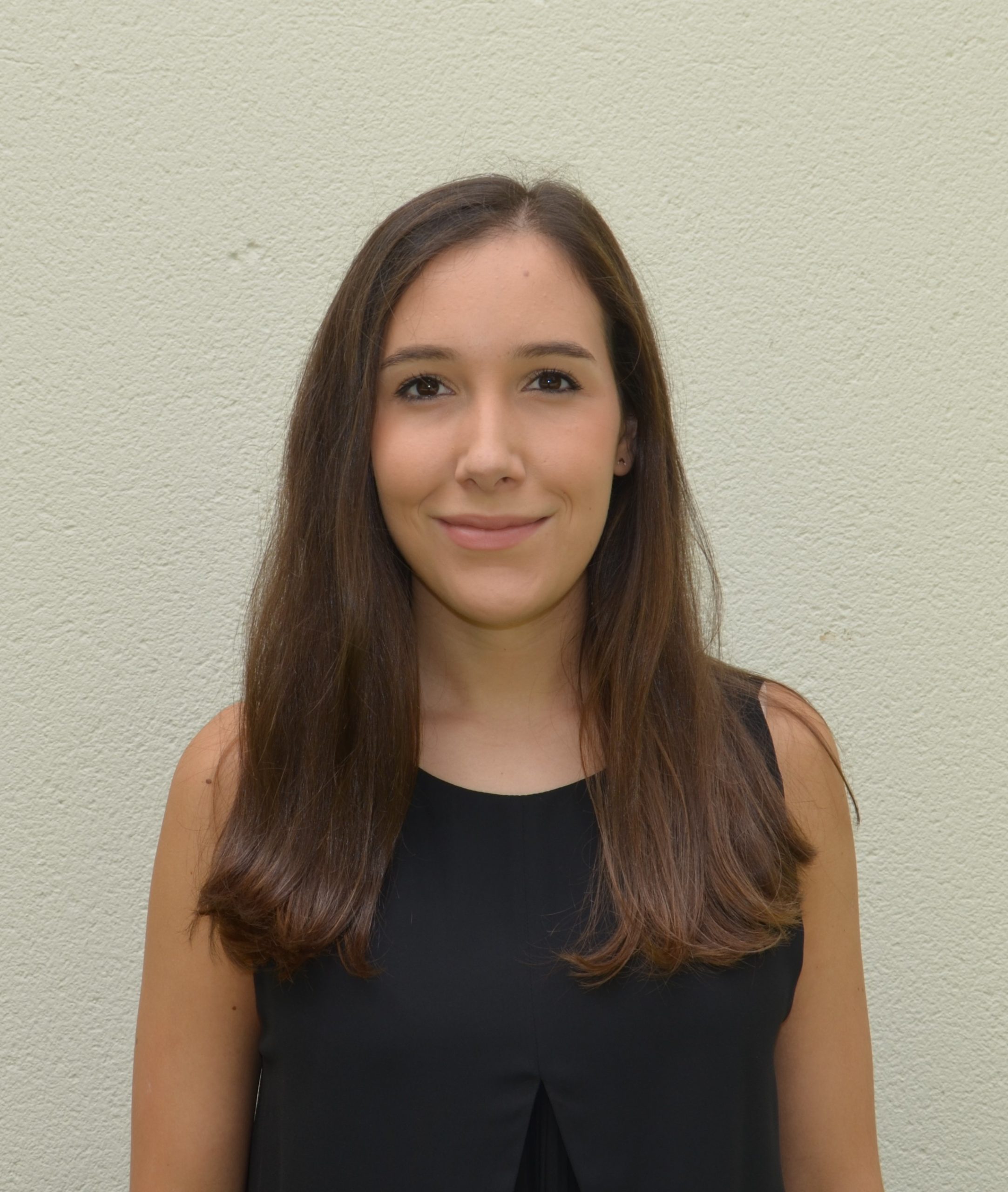
Agurne Sampedro Calvete
INS 2021 Mid-Year Meeting
Barcelona, Spain – July 6 – 8, 2022
Cognitive Rehabilitation and Neuroimaging in Schizophrenia
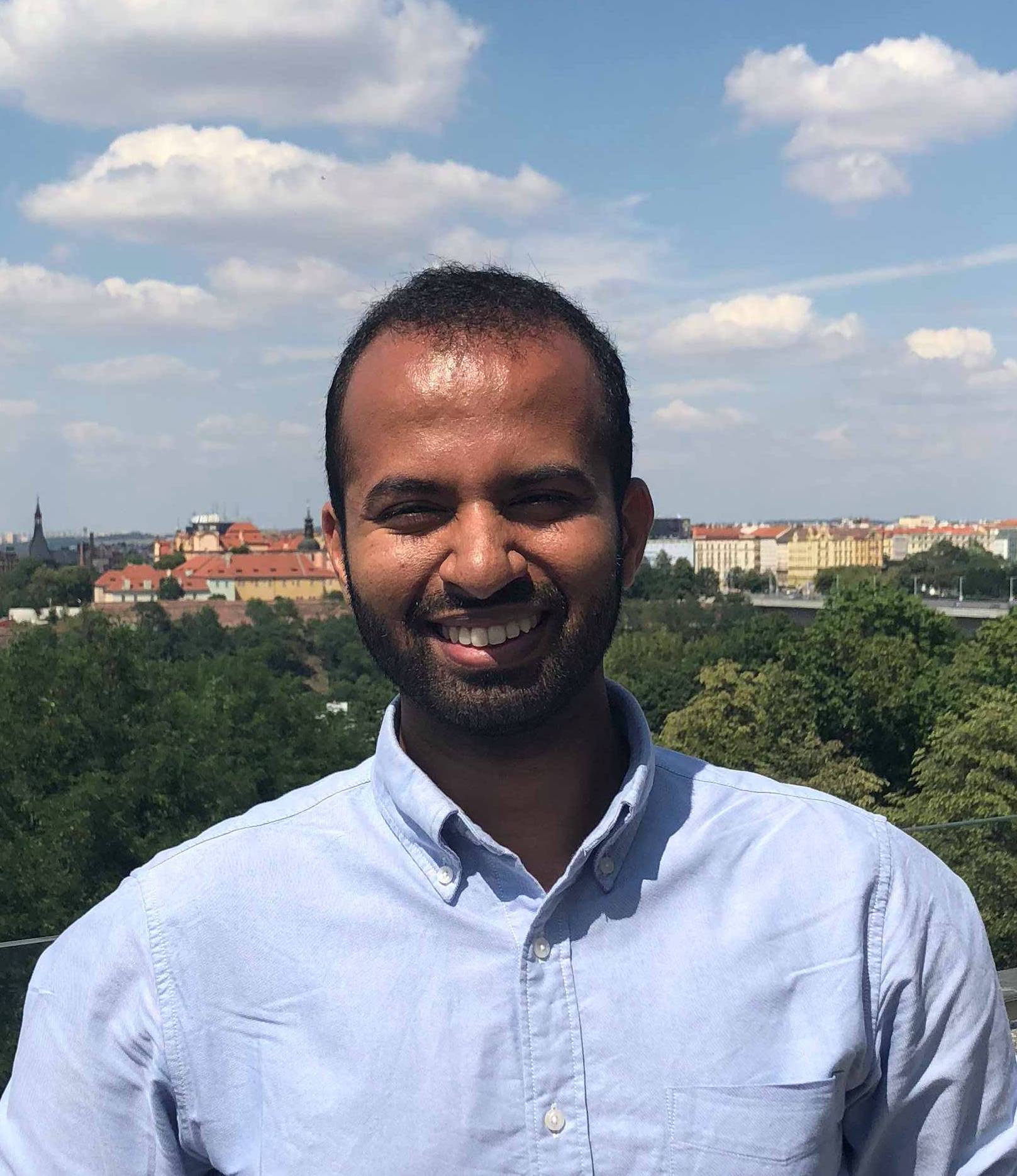
Siddharth Ramanan
INS 50th Annual Meeting
New Orleans, Virtual Meeting – February 2-4, 2022
Frontotemporal dementia (FTD) is a group of young-onset neurodegenerative disorders primarily affecting frontal and/or temporal lobes. Two common clinical variants include a behavioural variant (bvFTD), presenting with primary behavioural/personality changes arising from early prefrontal atrophy, and a semantic variant (semantic dementia or SD), displaying semantic dysfunction and conceptual knowledge loss due to early anterior temporal lobe degeneration. Although treated as independent diagnostic entities, accumulating evidence indicates overlapping behavioural, cognitive, and neuropsychiatric profiles between both syndromes. Why such overlap occurs remains unclear, however, needs resolution for improved clinical diagnosis and characterisation of both syndromes. Here, we used data-driven methods to extract neurocomputational ‘dimensions’ of behavioural, cognitive, and neuropsychiatric heterogeneity in FTD.

Kristina Haebich
INS 2021 Mid-Year Meeting
Melbourne, Australia – June 30 – July 3, 2021
Telehealth-delivered neurodevelopmental Assessments in children and adolescents (Tele-Assess): preliminary neuropsychological assessment results (MCRI, AUS)

Laiss Bertola
INS 49th Annual Meeting
San Diego, Virtual Meeting – February 2-5, 2021
Early-life SES continues to impact cognitive performance later on life independently of the educational level achieved and late-life SES. The higher percent mediation for education mediated path suggests that education achievement might improve later life cognition in the face of lower early-life SES. Finally, middle-aged adults might have benefited from small, but essential, socioeconomic changes faced by Brazil during their birth and schooling decades, through better social conditions and education access, reducing the early-life effect. Our results highlight the importance of early-life and educational politics to improve cognitive aging quality in a low-/middle-income country.
This award was established to honor the contributions of Dr. Nelson Butters and to recognize the impact he has had in the area of training. The prize is awarded at the Society’s Annual and Mid-Year Meetings for the best research presented by a postdoctoral fellow.

Adam Raikes
INS 48th Annual Meeting
Denver, Colorado, USA – February 5-8, 2020
Post-mTBI daytime sleepiness, as well as depressive and somatic symptoms, positively responded to BLT. Reduced daytime sleepiness and depressive symptoms likely have important implications for neurophysiological healing, mental health status, daytime functioning and overall quality of life. Further research is necessary to explain the directional relationships (i.e. improved symptoms lead to lower daytime sleepiness).
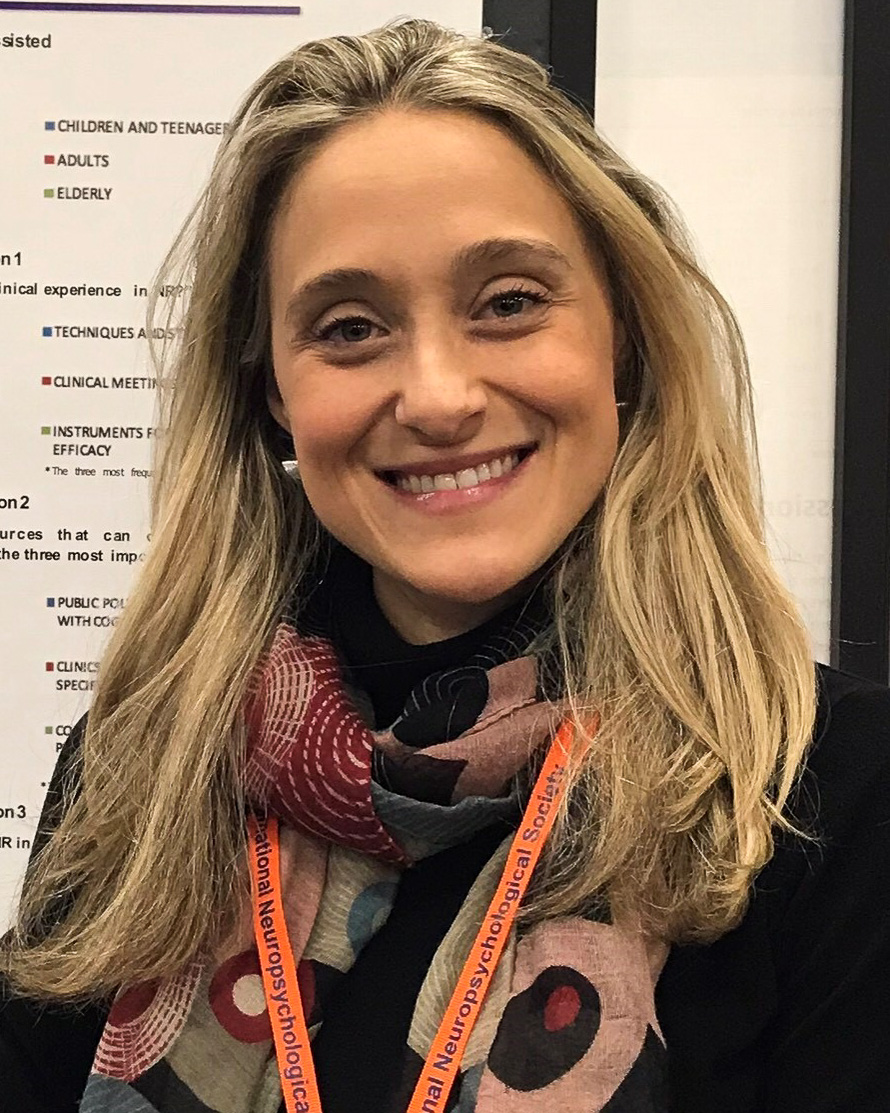
Sharon Sanz Simon
INS 2019 Mid-Year Meeting
Rio de Janeiro, Brazil – July 10-12, 2019
There is a recent growing interest in the extent to which personality is related to cognitive performance and brain functioning. We and others found robust evidence that personality affect cognitive performance in several domains across the adult lifespan, however there is little evidence how personality is associated to brain functioning, particularly brain connectivity. The aim of the current research was to investigate the association between personality traits and brain-network connectivity.

Kayela Robertson
INS 47th Annual Meeting
New York City, New York, USA – February 20-23, 2019
Mild cognitive impairment (MCI) in non-clinic samples often have high prevalence and unclear predictive validity for dementia risk. We used longitudinal data from a communitybased cohort to evaluate whether MCI stability over two years reliably identified people who would develop dementia.

Constance Vissers
INS 2018 Mid-Year Meeting
Prague, Czech Republic – July 18-20, 2018
Ample empirical evidence exists for executive deficits in schoolchildren with developmental language disorder (DLD). Little is known though about EF in preschoolers with DLD. Since early childhood is the primary period for both language and EF to develop, the early development of language and EF plausibly interact in an empowering or inhibitive way (see Vissers et al., 2015). Therefore, to come to insight into the aetiology of DLD, research on early EF and language development is necessary.

Lauren Salminen
INS 46th Annual Meeting
Washington, D.C, USA – February 14-17, 2018
Impaired fear learning and memory are core features of post traumatic stress disorder (PTSD) that are subserved by the hippocampus. Some, but not all, studies report smaller hippocampal volumes in PTSD patients compared to controls, and this inconsistency may reflect underlying differences in hippocampal subregions across cohorts. We tested this in an international sample of patients and controls in the PGC-ENIGMA PTSD Working Group.

Ali Amidi
Seven participants (32%) were carriers of the APOE4, while 15 (68%) were not. Bootstrapped between-group tests indicated that APOE4 carriers evidenced accelerated decline in processing speed (p=.016) and global cognition (p=.007) compared with non-carriers. Furthermore, trends were found for working memory (p=.065) and verbal fluency (p=.062). A trend towards increased inflammatory response was observed in carriers of APOE4 (p=.054).

Aarti Nair
In prior studies (Nair et al., 2013; Nair et al., 2015), we demonstrated that children with autism showed mostly reduced connectivity especially for prefrontal-thalamic networks, accompanied by overconnectivity within temporal-thalamic networks. Given the importance of early identification of biomarkers and endophenotypes of autism, it is crucial to understand how early in the developmental process these differences in thalamocortical networks emerge.
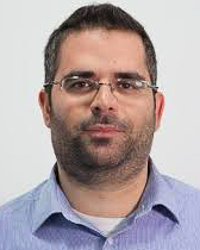
Alex Kafkas
Best Submission By A Postdoctoral Fellow
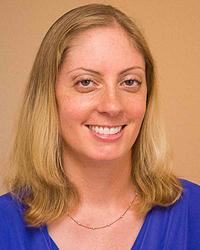
Emily Edmonds
Previous research has demonstrated heterogeneity in neuropsychological performance and biomarker profiles within MCI samples. We previously identified four empirically-derived MCI subtypes within the Alzheimer’s Disease Neuroimaging Initiative (ADNI) MCI cohort: amnestic MCI, dysnomic MCI, dysexecutive/mixed MCI, and a large cluster-derived normal group (34%) that was characterized by intact neuropsychological performance (despite their MCI diagnosis). The current study investigated cortical thickness profiles in these four cognitive subtypes.

Gershon Spitz

Christopher C. Bosworth
Traumatic brain injury (TBI) is believed to result in alterations in functional connectivity in intrinsically connected networks. One such network is the default mode network (DMN), which displays increased activation in absence of an externally-imposed task and decreased activation during cognitively demanding tasks. Studying factors associated with post-TBI functional connectivity in the DMN may help further elucidate the role of this network, as well as the effects of TBI on functional connectivity in general.

Sarah Rajtmajer
The goal of this presentation is to provide a critical overview of the current approaches used to examine functional brain connectivity in neurologically impaired samples. There is now a growing literature using functional imaging methods to examine brain network changes and it is a goal in this presentation to offer a critique of the current methods used to examine brain pathology and aging including possible pitfalls and advantages of each approach.
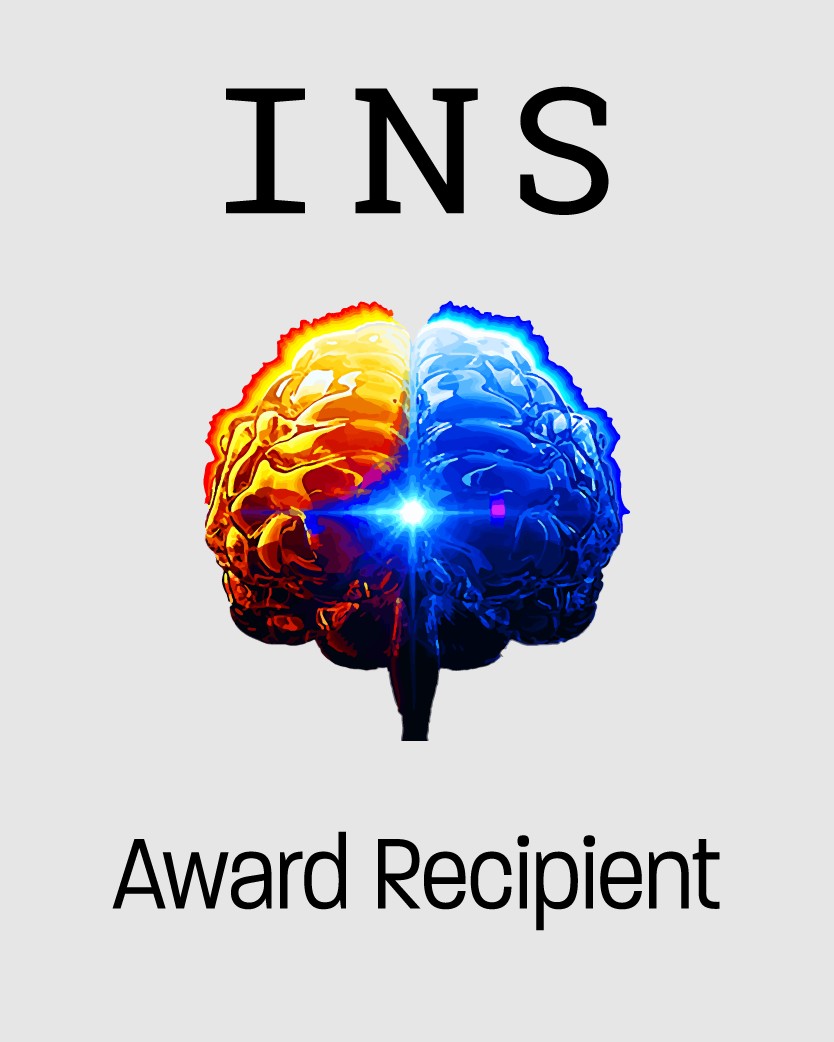
Joseph van Steenburgh
Presented for the Best Submission by a Postdoctoral Fellow
Transcranial Direct Current Stimulation Changes Frontoparietal Control Network Connectivity Associated with Working Memory Performance in High-Functioning Autism
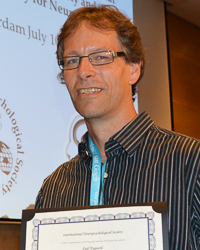
Egil Nygaard
Presented for the Best Submission by a Postdoctoral Fellow
Cognitive Abilities of Children Prenatally Exposed to Opiates and Polysubstances: A Longitudinal Study

Melissa Stern

Hanna Jokinen

Leigh Sepeta

Joe Simon

Kathrine Bangen

Anita Cybulska-Klosowicz

Caron Clark

Jens Egeland

Agustin Ibanez
INS 2008 Mid-Year Meeting
Buenos Aires, Argentina – July 2-5, 2008

Jan Glascher
INS 2008 Mid-Year Meeting
Buenos Aires, Argentina – July 2-5, 2008

Markus Thimm
INS 2007 Mid-Year Meeting
Bilbao, Spain – July 4-7, 2007

Richard Frye
INS 2006 Mid-Year Meeting
Zurich, Switzerland – July 26-29, 2006

Lisa Bartha
INS 2003 Mid-Year Meeting
Berlin, Germany – July 16-20, 2003

Sarah Cavaco
INS 31st Annual Meeting
Honolulu, Hawaii, USA – February 5-8, 2003

Michael Santa Maria
INS 30th Annual Meeting
Toronto, Canada – February 13-16, 2002